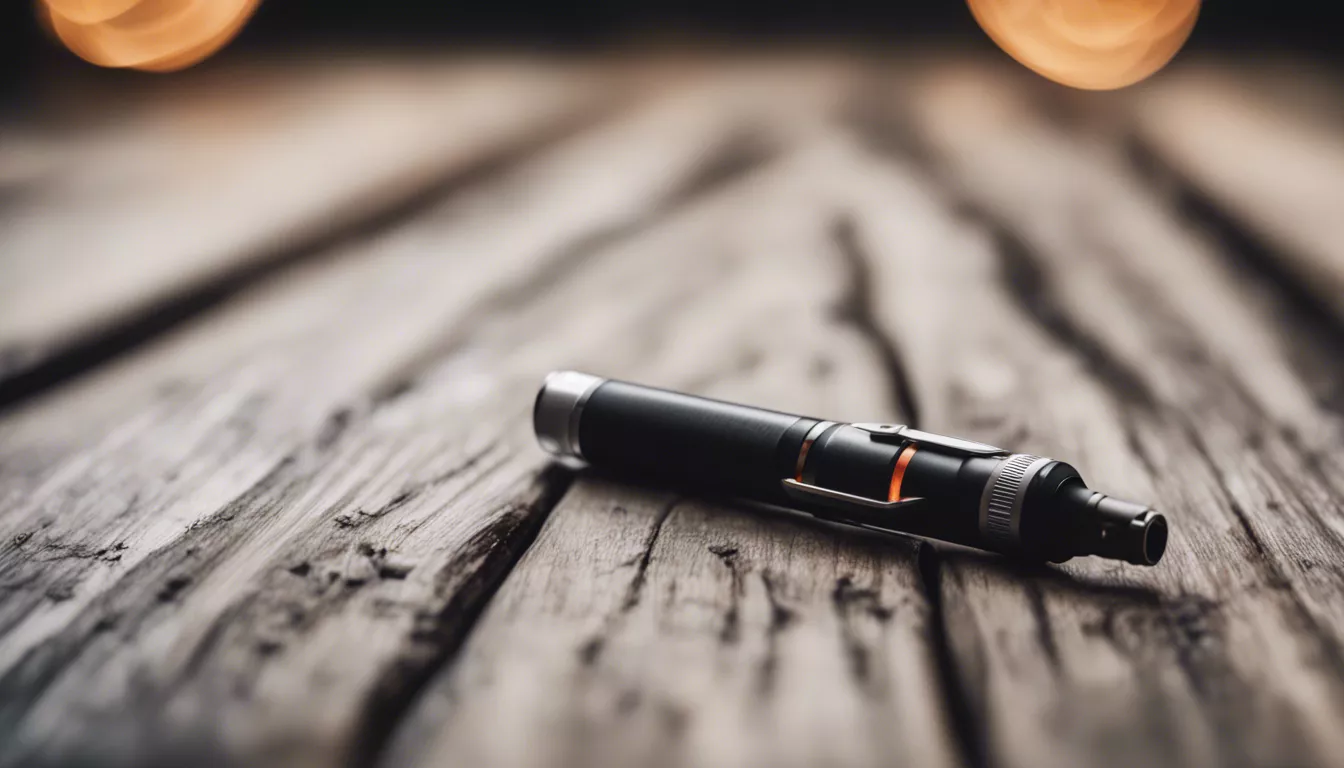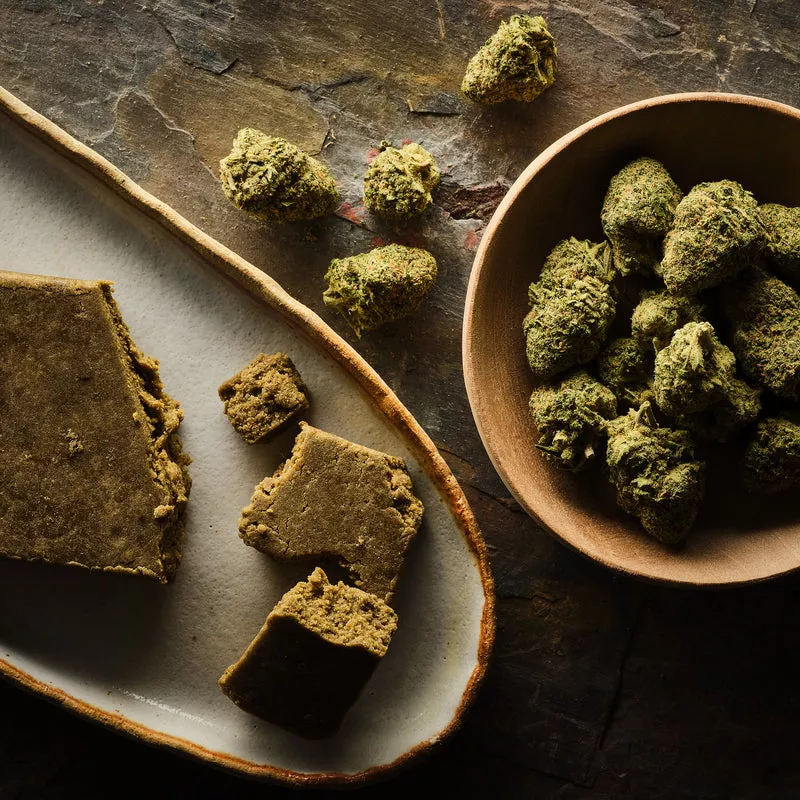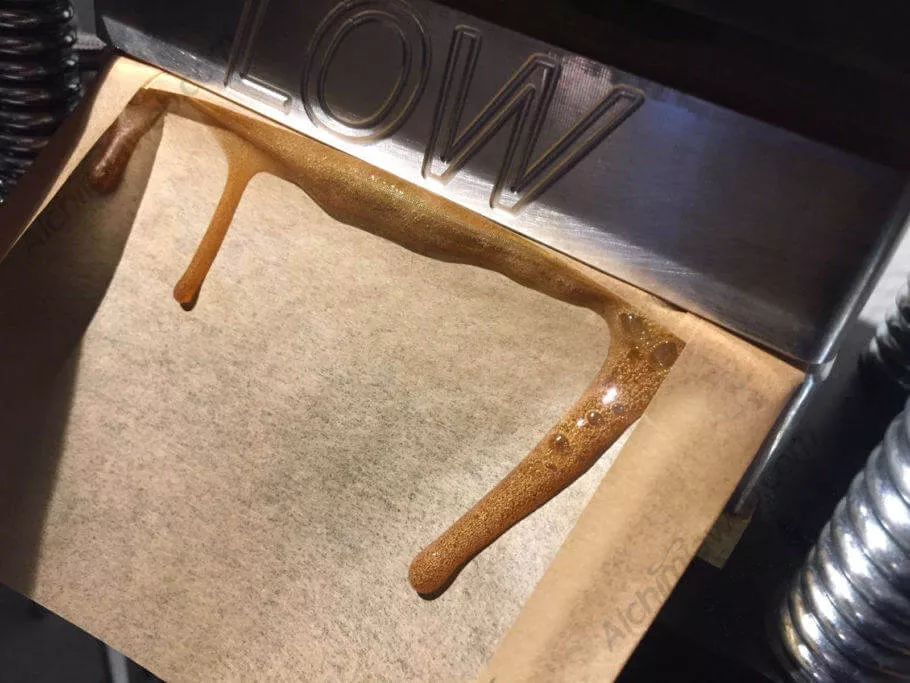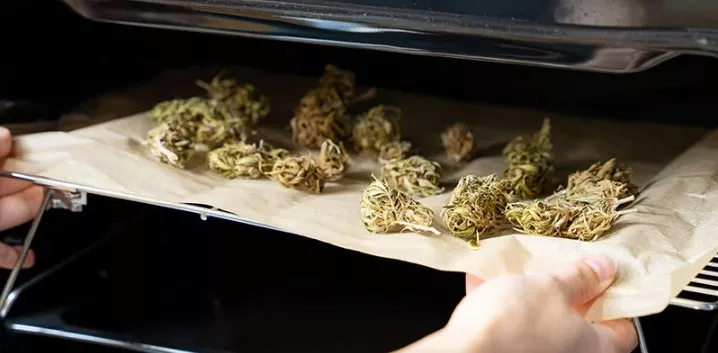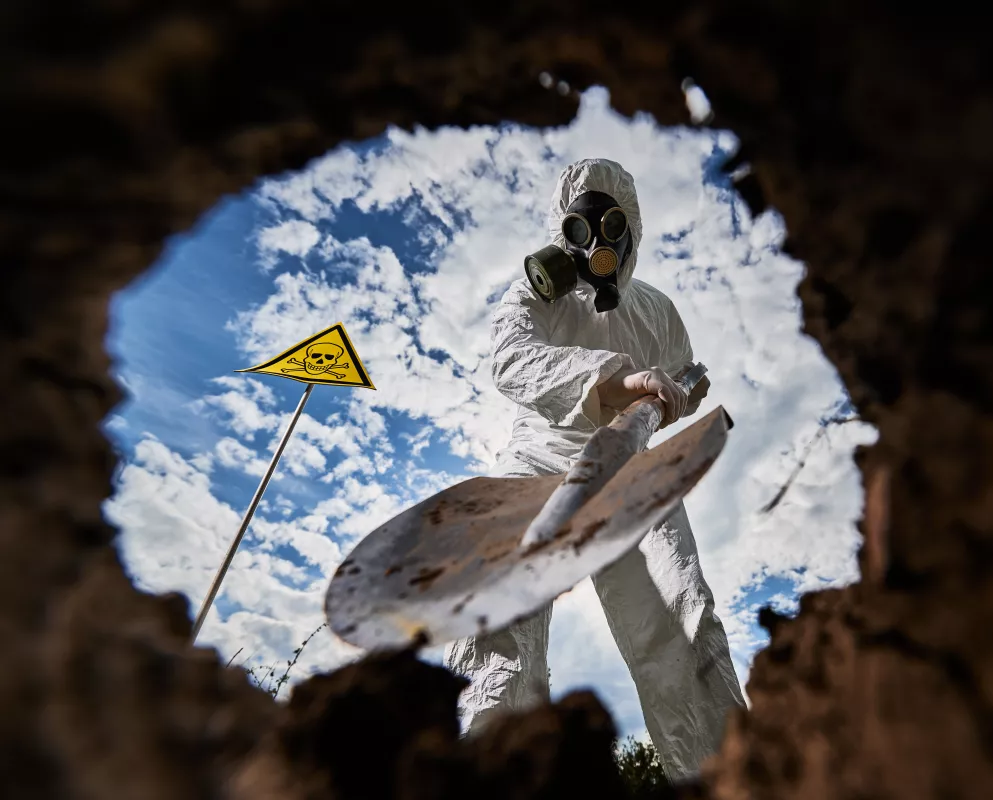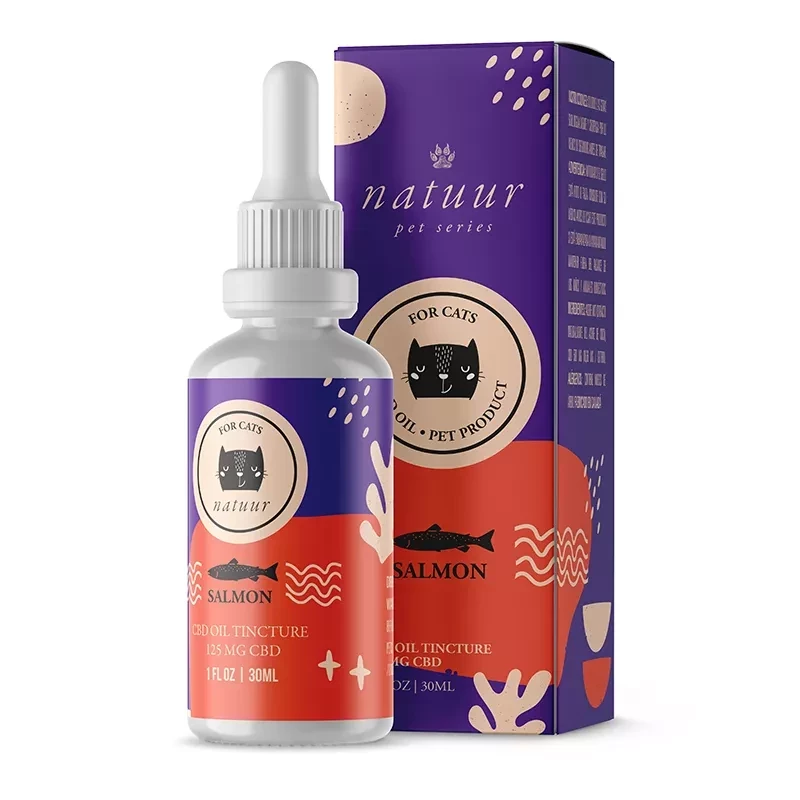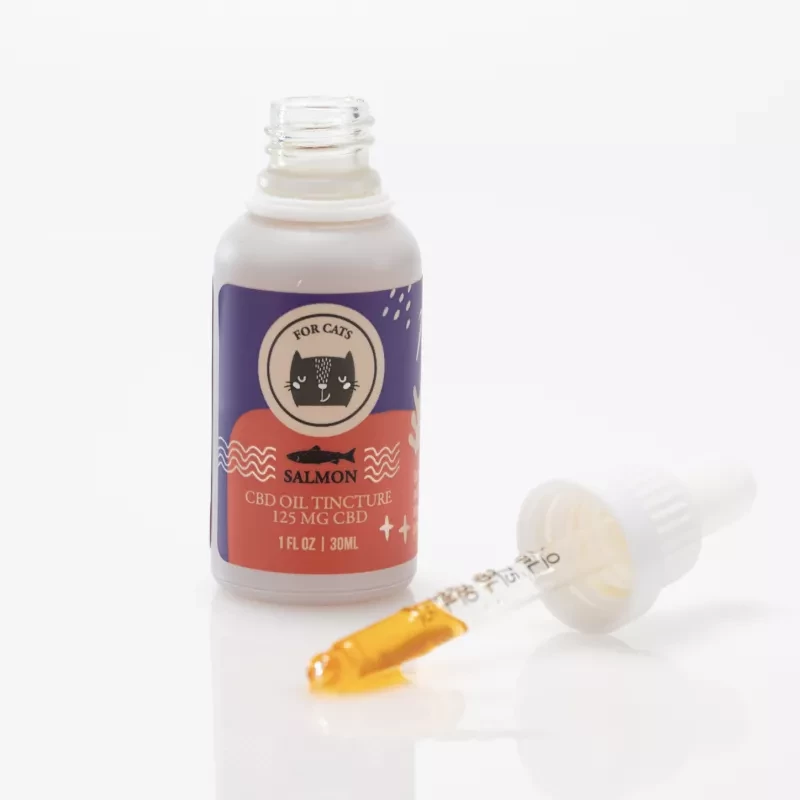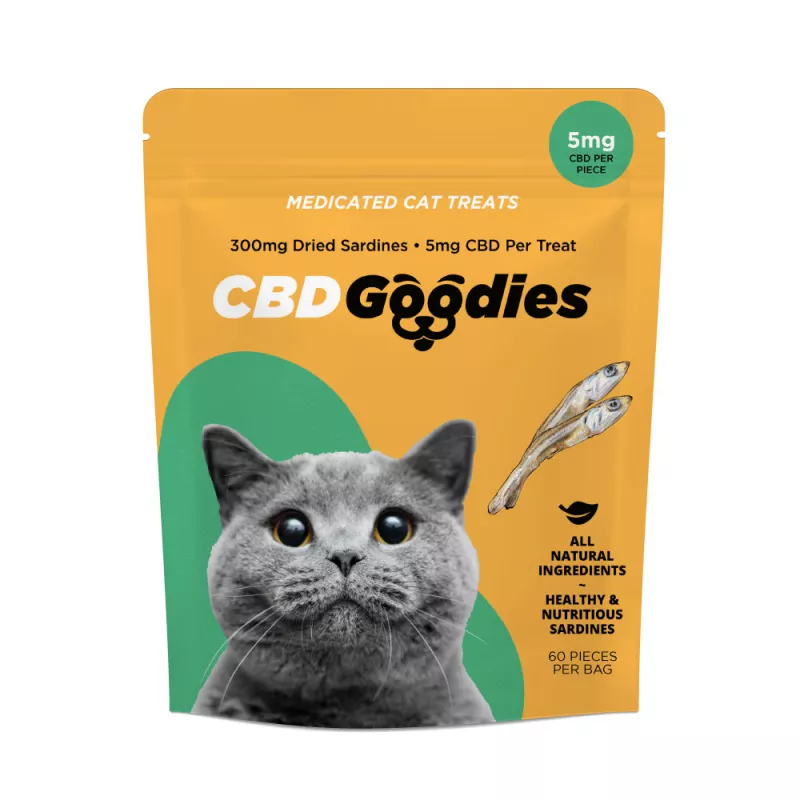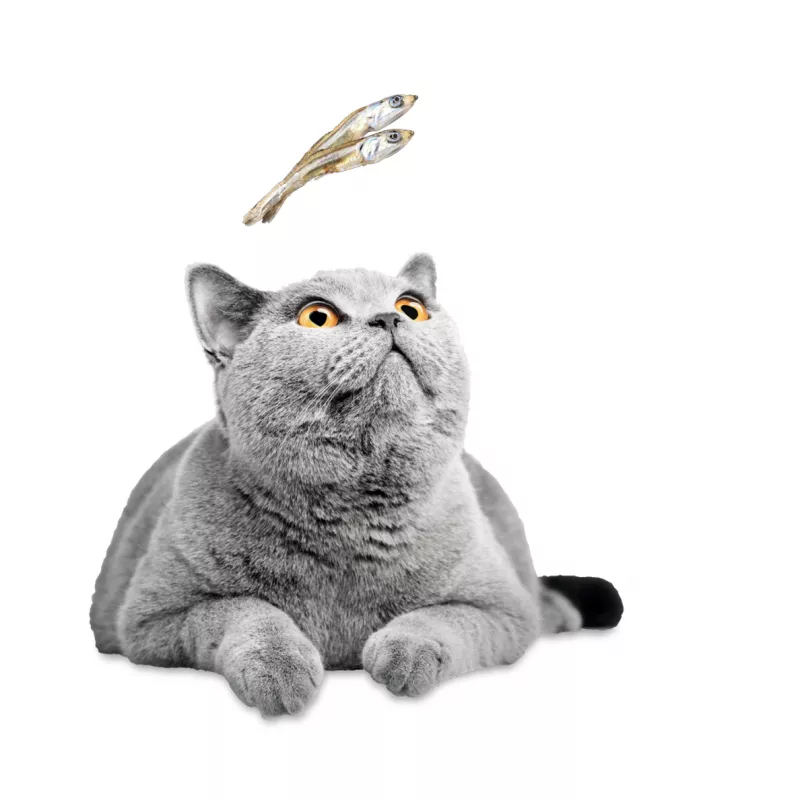- Shop All
- Type
- (144) THC>
- (75) CBD>
- Need
- Sleep>
- (21) Pain>
- (10) Anxiety>
- (6) Pets>
- (88) Edibles
- (14) CBD Edibles>
- (60) THC Edibles>
- (3) Ratio Edibles>
- (33) Hybrid Edibles>
- (87) Vegan>
- (5) Beverages>
- Strain
- (29) Indica>
- (24) Sativa>
- (47) Hybrid>
- (14) Tinctures
- (5) Anxiety Tinctures>
- (9) CBD Tincture>
- (1) Pain Tincture>
- (4) Ratio Tincture>
- (4) Sleep Tincture>
- (4) THC Tincture>
- (4) Capsules
- (1) CBD Capsules>
- (0) THC Capsules>
- (3) Ratio Capsules>
- Foggers
CBD for Pets Dosage
Lexie LivingstonApril 18, 2022LatestContents
It can be a little difficult at first to determine the proper CBD for pets dosage. To begin with, the percentage of CBD may vary drastically from one product to the next, so each company's recommended dosage advice might be rather different. Depending on the ailment you're seeking to treat, the dosage may also differ. Higher doses are usually indicated for more serious health concerns, whereas smaller amounts are normally recommended for occasional anxiety or overall well-being. Of course, you must also consider your pet’s weight and any underlying health conditions.
So, how do you know how much CBD oil to give your pet if there are no established guidelines or controlled doses? Don't let the dosing confusion keep you from reaping the full health benefits of this all-natural supplement. In this article, we’ll explain how to get the most CBD for pets benefits with the right dosage for your pet.
What are Some Factors to Consider in Determining Dosage?
Weight:
Your pet’s weight is the most important factor to consider when determining the right CBD dosage. As a general rule, the bigger the animal, the more CBD he or she needs. However, your pet’s weight does not always correlate to their CBD requirements. Some pets may only require 0.2 mg per pound of body weight. Others, such as those with serious illnesses, may require a substantially larger quantity. As a result, it's critical to start slowly and gradually raise the dose as needed.
The Severity of Your Pet’s Condition:
To determine the best CBD dosage, think about why you're using it in the first place. If your pet is healthy and you're giving them a CBD pet tincture for general well-being, the dosage will be on the low side. When your animal has arthritis, for example, a greater CBD dose will help to relieve their discomfort. For an interesting article on how CBD helps osteoarthritis in dogs, click here.
The Activity Level of Your Pet/Metabolism:
The right CBD oil dose for your pet is partly determined by how energetic they are. The CBD for pets benefits can last six to eight hours in your pet’s system, depending on how quickly they can digest it. In general, the faster their metabolism is, the more active they are. As a result, more active breeds will process CBD faster than less active breeds.
Health Conditions of Your Pet:
When choosing the optimal CBD for pets dosage, this is another issue to consider. For example, your pet’s CBD metabolism may be affected by liver or kidney problems. In addition, CBD may affect how some medications are processed in the liver. If your pet has any underlying health issues or is on any medication, consult with your veterinarian prior to giving them a CBD pet tincture or CBD pet treats Canada. For more information on pet medications that may interact with CBD, click here.
CBD for Pets Canada: What is a Good Starting Dosage?
A CBD dosage for pets is usually expressed in milligrams per pound of body weight. A good starting dose for CBD is 0.2mg per pound of body weight. However, some research on animals with osteoarthritis suggests a greater dose of 1mg per pound twice daily.
For overall health, a low dose of 0.2mg per pound is appropriate. However, if your pet is in moderate discomfort, anxiety, or tension, a medium dose of 0.3 or 0.4 mg CBD per pound is appropriate. Finally, if your pet is suffering from extreme pain, gradually increase the dose to the greatest amount, which is up to 0.5 mg per pound daily or as needed.
You can always increase or reduce the dosage based upon your pet’s reaction to CBD. If you’re just starting out, this may be much easier with a tincture rather than products such as CBD pet treats Canada. However, keep a check on your pet for a few hours following administration to see if they require additional medication.
What Form of CBD is Best for Your Pet?
You're ready to explore the various CBD pet product options now that you know how to calculate the ideal CBD dosage. Oils/tinctures and foods are the two most common (treats or chews).
CBD Pet Treats Canada:
These are, without a doubt, the most popular CBD pet product. You can easily estimate the CBD treat dosage by following the package instructions and guidelines listed above. The distinction is that some treats are difficult to break and accurately measure. That's why they're best for larger dogs who need higher CBD doses. Soft CBD chews, on the other hand, are rapidly gaining popularity. They're ideal for puppies because they're easy to divide and measure.
Pet Tincture and CBD Oil:
In oils and tinctures, CBD dosage is simple to calculate. Pipettes are included with the bottles, making dosage extremely precise and removing the chance of giving your pet too much or too little. In addition, there are various options to choose from such as an organic CBD oil for pets and a vegan CBD oil for pets. There are also various strengths available, such as a pet CBD tincture 300mg, 750mg, and even 900mg.
The Best CBD for Pets Canada, Found Exclusively at Birch + Fog
For the highest quality CBD on the market, shop Birch + Fog’s online store. Here, you’ll find an entire collection of CBD products designed specifically with your pet’s needs in mind. Whether you are shopping for an organic CBD oil for pets, an all-natural CBD topical product, or a CBD pet tincture, we’ve got you covered. The following products are some of our customer’s favorites.
1 Salmon CBD Pet Tincture for Cats | Natuur
This organic CBD pet tincture contains just 3 simple ingredients, MCT oil, high-quality CBD isolate, and pure wild Alaskan salmon oil. All ingredients are lab-tested and organic, making this tincture pure and effective. Your cat will devour this tasty treat while receiving the healing powers of CBD. The balanced blend of omega-3 and omega-6 fatty acids, antioxidants, and traces of vitamins found in the wild Alaskan salmon oil help to promote a healthy immune system, healthy skin, and a shiny coat.
Pros:
- 125mg CBD per bottle
- Cats thoroughly enjoy the taste
- Contains a balanced blend of omega-3 and omega-6 fatty acids
Cons:
- CBD isolate will not provide the entourage effect
Highlights:
- Lab-tested and organic ingredients
- 3 simple ingredients: MCT oil, CBD isolate, and pure wild Alaskan salmon oil
- Promotes a healthy immune system, healthy skin, and a shiny coat
Customer Experience:
According to CBD for pets reviews, this tincture is a favorite among felines! Cats get excited for this treat and will lick the liquid straight from the dropper. Verified buyers report that it helps their cats stay calm and relaxed, all while keeping their fur shiny and smooth.
2 CBD GOODIES - CBD Cat Treats
These natural and tasty dried sardine snacks are the cbd cat treats your kitty has been dreaming of. Each bag contains 60 dried sardine treats, containing 5 mg CBD each to help ease anxiety and digestive problems, as well as inflammation and joint pain caused by arthritis and old age. CBD Goodies contain no artificial colours, additives, or preservatives - just pure goodness for your purring pal.
Pros:
- 5mg of full-spectrum hemp oil with cold-pressed hemp seed oil
- Contains natural, human food-grade ingredients
- Promotes healthy teeth and gums
Cons:
- Large cats may need a larger dosage
Highlights:
- Contains certified full-spectrum hemp that is organically grown in Canada
- Handmade
- Contains locally grown ingredients from Ontario and BC farms
Customer Experience:
Verified buyers report that their cats absolutely love these treats. Not only do they help with joint pain and inflammation, but they also promote a good night’s sleep. CBD for pets reviews state that dog owners enjoy how this product is cost effective, containing 45 treats in each package.
3 CBD Dog Treats | CBD Goodies
These CBD pet treats Canada are designed for dogs with natural and tasty 100% Canadian beef. With only three ingredients, beef, CBD isolate, and coconut oil, these treats are tasty, pure, and simple. Each treat contains 5mg of CBD isolate that helps ease anxiety, digestive problems, inflammation, and joint pain caused by arthritis or old age. This product contains absolutely no artificial colors, additives, or preservatives.
Pros:
- Pure and simple ingredients
- 5mg of CBD isolate per treat
- Dogs love the beef taste
Cons:
- Only a few weeks supply for large breeds
Highlights:
- Contains only 3 ingredients: 100% Canadian beef, CBD isolate, and coconut oil
- No artificial colors, additives, or preservatives
- Helps ease anxiety, digestive problems, inflammation, and joint pain
Customer Experience:
CBD for pets reviews on this product show loyal customers who purchase this product time and time again. Verified buyers report that these treats are perfect for helping to alleviate joint pain associated with arthritis. They are also extremely effective in soothing separation anxiety and anxiety associated with car rides, vet trips, and loud noises. Customers feel good about giving their dog a treat with these pure and simple ingredients.
Conclusion
CBD for pets Canada is a great natural supplement to add to your pet’s diet. Even with small CBD concentrations and doses, many owners claim excellent outcomes. Anxiety, tension, discomfort, and even osteoarthritis can all be alleviated. Because science in this area is still in its infancy, there is no definitive CBD for pets dosage. In general, 0.2 mg CBD per pound is a decent starting dose. For more severe circumstances, such as severe pain, experts recommend greater doses of up to 0.5 mg per pound. As with humans, it’s always recommended to consult with a healthcare professional and start with a small dosage, working your way up slowly as needed. If you need a quick and easy way to calculate a CBD dosage for your pet, click here! To view more of our high-quality CBD for pets products, click here.
0/5 (0 Reviews)Latestfrom B+FBe the first to know about exciting new products, special events, seasonal offers, and much moreOur Collective
Wellness to your doorstepCopyright © 2024 All Rights Reserved | BIRCH + FOG[gtranslate]Save your cart?
x

